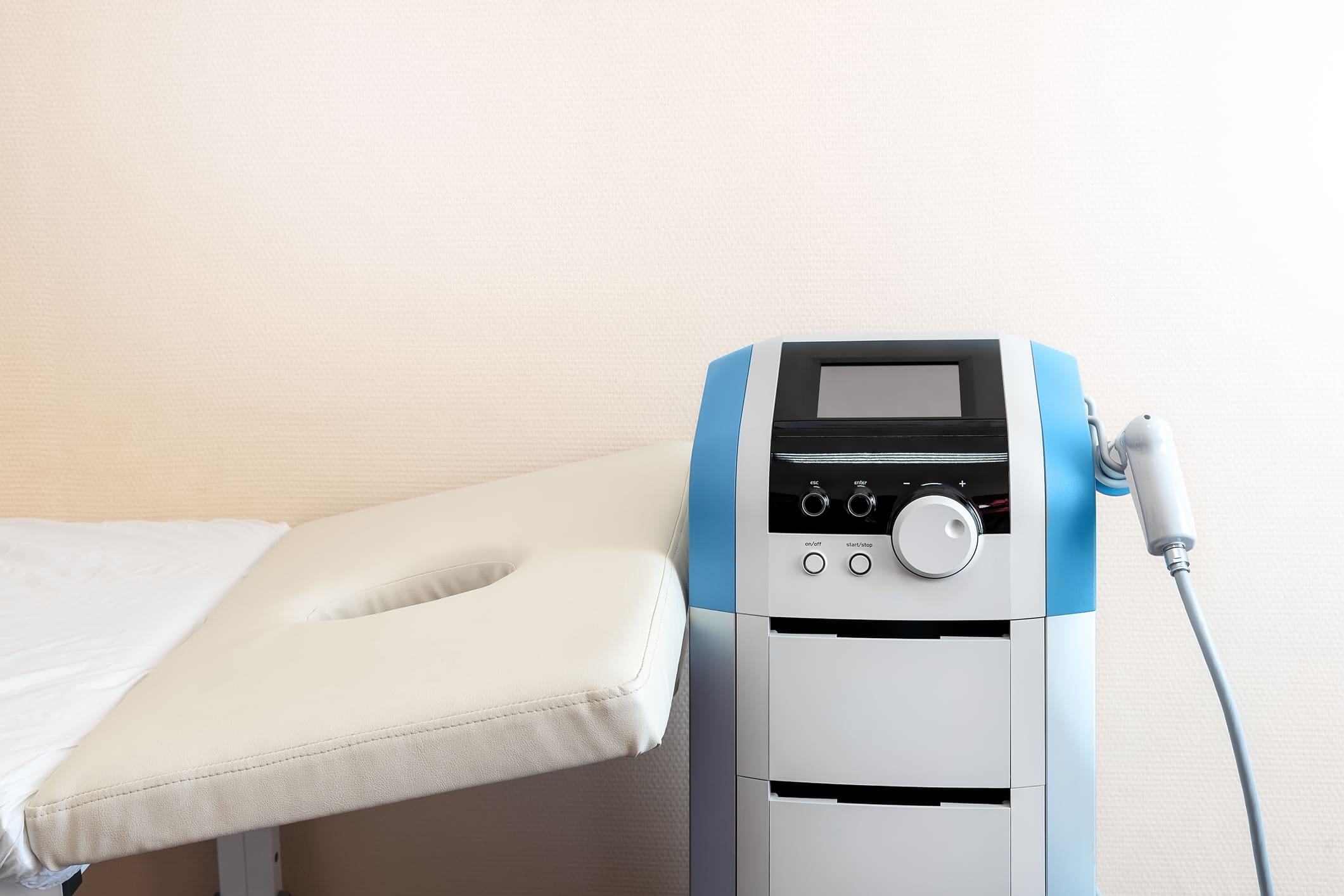“If something is 95% effective in curing or reversing ED and Peyronie’s and has been available for 20 years, why isn’t the world following this platform?”
Shockwave therapy has been generating a great deal of buzz (no pun intended) as a new and promising treatment for erectile dysfunction, Peyronie’s Disease, and girth enhancement. While there’s always a certain level of excitement around a newer type of treatment, where Shockwave is concerned, “new” does not equate to “improved.”
For erectile dysfunction, Shockwave simply isn’t as efficacious as a penile implant procedure (60% according to Shockwave providers), which has a 95% success rate, low complications and can last for years without the need for replacement or adjustment (especially when performed at a dedicated facility). Shockwave therapy also requires 1-2 treatments per week for 6-8 weeks, rather than the one-time procedure of an penile implant placement. In other words, it’s less effective and takes longer to see results.
As far as Peyronie’s disease is concerned, the science simply isn’t there, either. As medical research has shown, Shockwave therapy can actually cause an increase in transforming growth factor-beta, or TGFB, which can lead to fibrosis in the penile area. In plain English: Shockwave may actually raise your likelihood of Peyronie’s disease by stimulating more fibrosis in the penile tissue. In plainer English: not good.
Peyronie’s can be more effectively treated in milder cases with prescription drugs, and in more severe cases via the penile “scratch” technique to remove plague in conjunction with a penile implant to restore erectile function and hyaluronic injections to restore normal appearance. (See this video for more information on how the three treatments work together.)
As far as penile girth enhancement is concerned, Shockwave therapy theoretically increases blood flow to the penis shaft–it doesn’t actually add girth. While this is perhaps a safer option than highly questionable techniques such as silicon injections, hyaluronic acid filler as performed by a highly trained surgeon in a significantly more efficacious treatment with lower complication rates and higher patient satisfaction overall.
Finally, Shockwave therapy is not FDA-approved and is still considered “investigational” by the American Urological Association.
We encourage you to do the research and explore your treatment options, but do not recommend Shockwave therapy as a better option than standard, time-tested, effective treatments developed and tested by board-certified urologists.

